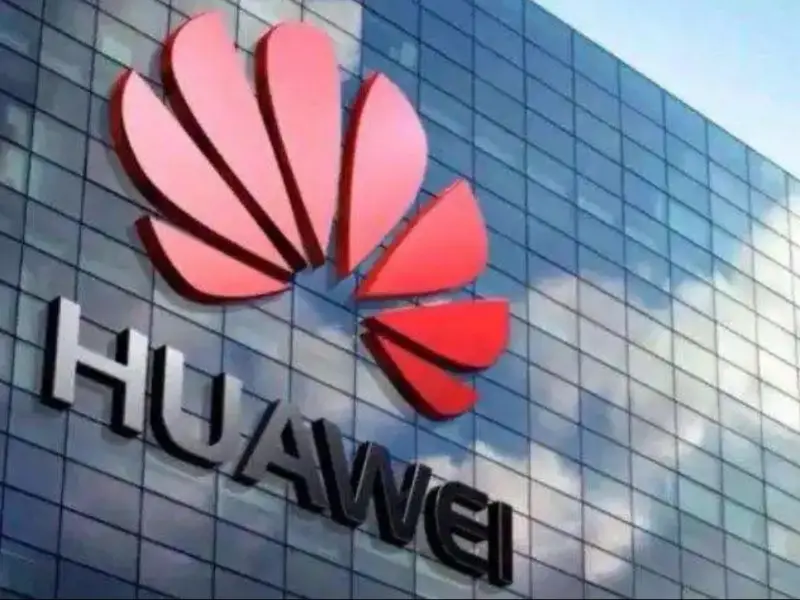- Chinese telecoms giant Huawei Technologies Co. recently requested that a U.S. court dismiss most of the criminal charges against it.
- The U.S. prosecution accuses Huawei of stealing trade secrets from American competitors and misleading banks in its business dealings with Iran.
What happened
The Chinese technology company Huawei recently requested that the U.S. District Court in Brooklyn dismiss most of the criminal charges against it. U.S. prosecutors allege that Huawei stole trade secrets from American competitors and misled banks about its business dealings in Iran. In legal documents submitted, Huawei asserted that these charges lack a factual basis, claiming that most allegations involve actions outside the United States and that the bank fraud charges rely on a “control fraud” theory previously rejected by the U.S. Supreme Court. Huawei highlighted that the federal government has targeted it, attempting to piece together evidence of criminal activity. The company has pleaded not guilty to these charges, and the trial is expected to begin on 5 January 2026.
This case originated in 2018, when the Trump administration’s “China Initiative” launched an investigation into Huawei. The initiative aimed to address the alleged issue of Chinese intellectual property theft. This action led Canadian authorities to detain Huawei’s Chief Financial Officer, Meng Wanzhou, although the charges against her were dropped in 2022. Critics argued that the programme was racially discriminatory and negatively impacted scientific research. In response, the Biden administration decided to terminate the programme after taking office. Since 2019, the U.S. government has restricted Huawei’s access to American technology, claiming the company poses a threat to national security. Huawei firmly denies this accusation.
Also read: US needs to strike at Chinese chipmaker for national security
Also read: Why are Huawei phones banned in the US?
Why it is important
The Huawei case represents a microcosm of Sino-American technological competition. This accusation targets not just a single company but perpetuates the struggle between China and the United States for technological and economic dominance. Dropping the charges could potentially ease tensions between the two countries. This case touches on the scope of U.S. law and how the judiciary balances the interests of multinational corporations with international conflicts. The dismissal of charges may indicate how authorities will handle similar cases in the future, especially regarding the legal boundaries for large multinational corporations. Due to national security concerns, Huawei has been restricted from accessing U.S. technology. Dropping the charges may prompt the U.S. to reassess its technology export policies, which could impact international trade.
Huawei is one of the world’s leading communications technology suppliers, with business operations in over 170 countries. The restrictions and accusations against Huawei have shaped the global deployment of its high-tech products, such as 5G, and influenced countries’ choices regarding Huawei equipment. Developments in the case or a withdrawal of the accusations will significantly impact the global telecommunications industry landscape.

